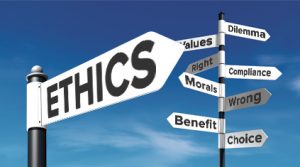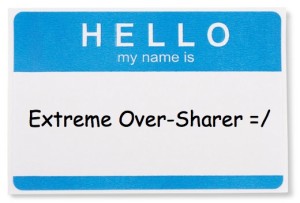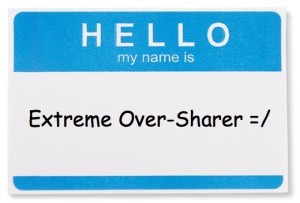Will training help your sales people?

This is the million-dollar question, isn’t it? Unfortunately, it isn’t as easy as yes or no. There are certainly variables, and some are very basic. Here are some questions to ask:
- Is your sales training actually product training?
- Is it a one-day training that is packed to the gills with information?
- Is there follow-up coaching and maintenance to assure success?
- Are there activities set up to create true accountabilities, not just meet the revenue numbers?
- Are your salespeople trainable?
I recently read a survey of 500 small and medium-size businesses that I want to share with you.
This particular survey found 6 percent of salespeople are at the top of their game. They are consistently beating their goals. As a matter of fact, they set their own goals, depending on what they want to earn.
An additional 20 percent are doing well, but could do better. They are fairly consistent, but could really sharpen their tools a bit more and be unstoppable.
Then there are 74 percent who are not cutting it. Most of the people (about two-thirds) in the 74 percent bracket can improve if they get training.
The other one-third in this group are in the wrong job and really aren’t fixable. Unfortunately, we spend more time with these bottom-end performers and try to get them to improve, when our time and energy should be really spent at the top.
It doesn’t seem to make a difference what industry you’re in, or what type of company you are. Not sure? Ask yourself: What percentage of your sales representatives are consistently successful? Out of 20, two are typically successful, five are pretty good and the rest are not really cutting it. Out of a group this size, the Top 2 are trainable, but will not change what they are already doing right away. (If it ain’t broke ….)
Twelve or 13 will improve quite a bit with training, and the last five or six should be gone. We hold on to salespeople for much longer then we should.
Here is another brilliant comment about training: “I like to go to training seminars, even if I learn just one tip.”
You want a tip? Here’s one for losing weight: “Eat more vegetables and less carbohydrates.”
How’s that?
How about: “To be a better spouse, be a better listener.”
A tip is nice, but will not change behavior. It is, of course, the easy way to “get motivated,” but continue to do what you’re doing.
Sales tends to be a misunderstood phenomenon. We feel like the excuse of doing pretty well or getting close to the goal is OK.
Here is the question I ask salespeople when they say that: If your company’s payroll department says “well, we may not get to create and sign all of the paychecks this week, but we will do the best we can,” would your sales rep kick up his/her heels? You bet. So what is the difference?
Greta Schulz is President of SchulzBusiness, a sales Consulting and Training firm. She is a best selling author of “To Sell IS Not To Sell” and works with fortune 1000 companies and entrepreneurs. For more information or free sales tips go to www.schulzbusiness.com and sign up for ‘GretaNomics’, a weekly video tip series or email sales questions to greta@schulzbusiness.com

 Recently, I spoke to an organization that spent an ungodly amount of time, energy, and money on Social Media to create Lead Generation. So my question was, “Now what?” They asked, “What do you mean?” I said “Okay, so you got a whole bunch of people calling you or contacting you through a web form, email etc. How’s your closing ratio?” They looked at me like I had three heads.
Recently, I spoke to an organization that spent an ungodly amount of time, energy, and money on Social Media to create Lead Generation. So my question was, “Now what?” They asked, “What do you mean?” I said “Okay, so you got a whole bunch of people calling you or contacting you through a web form, email etc. How’s your closing ratio?” They looked at me like I had three heads.






